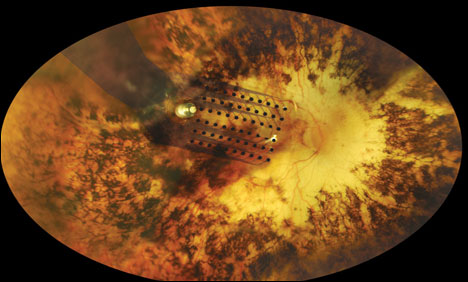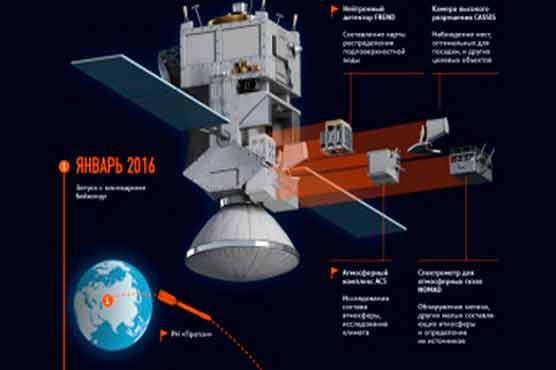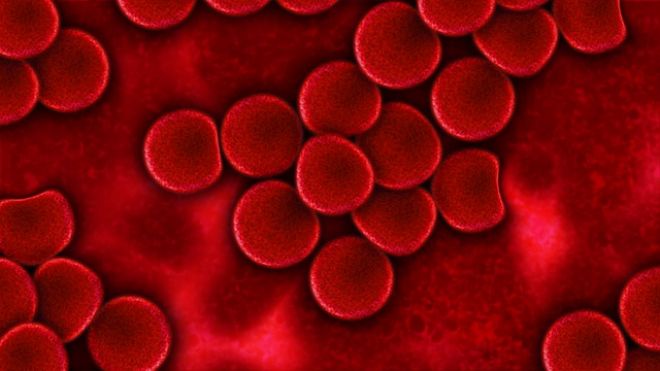- Web
- Humsa
- Videos
- Forum
- Q2A



The U.S. Food and Drug Administration has approved the first artificial retina, an implanted device that replicates some of the function of the retina, helping to restore vision to people blinded with a rare genetic disorder, the agency said Thursday.
The device, made by privately held Second Sight Medical Products Inc of Sylmar, California, is intended to replace the function of light-sensing cells in the retina destroyed by retinitis pigmentosa, an inherited degenerative disease that affects about 100,000 people nationwide.
In a healthy eye, the retina, which lines the back of the inner eye, works a bit like film in a camera, converting images that come through the eye's lens into electronic signals that are relayed to the optic nerve in the brain.To replicate this, the Argus II device consists of special glasses outfitted with a video camera and a video processing unit that sends signals to a wireless receiver implanted in the eye.
Although it does not completely restore vision, the implant helps with daily activities, such as locating objects and recognizing large letters and shapes."In the patients that have been implanted to date, the improvement in the quality of life has been invaluable," said Mark Humayun of the University of Southern California's Keck School of Medicine and USC's Viterbi School of Engineering, who helped develop the device.
The Argus II was approved for use in Europe in 2011 and has been implanted in 30 patients in a clinical trial that began in 2007. In October, advisers to the FDA voted unanimously to approve the device.Brian Mech, vice president of business development at the company, said the system will cost more than $100,000 when it is launched in the United States, sometime this year.
Mech said the company is working with insurance companies and Medicare to win coverage and ease out of pocket expenses for patients.
The Argus II is intended to replace the function of light-sensing photoreceptor cells, which gradually become degraded in retinitis pigmentosa.To restore vision, signals from the camera are sent to the retina, where they travel to the optic nerve in the brain. The brain then receives these signals and interprets them as a visual picture.
The FDA approved the system as a humanitarian use device, an approval that is limited to fewer than 4,000 people in the United States each year. For this kind of approval, companies must show the device is safe and the probable benefit outweighs the risks.In the clinical trial, most of the 30 participants improved in their ability to see and touch a square on a white field, detect the direction of a motion, recognize large letters and sentences, see street curbs and even match socks.
To receive the Argus II device, patients must have had the ability to see forms in the past and must be willing and able to get the recommended follow-up care and training.The device is limited to adults 25 or older, with severe to profound retinitis pigmentosa who have no light perception or bare light perception, in which they can perceive light but cannot tell where it is coming from.
The team plans to keep improving the treatment, which they hope will ultimately be used to treat age-related macular degeneration.Mech said while there are many academic centers working on retinal implants, getting the system to market took 14 years, $200 million, and a lot of "intestinal fortitude."
 The European Space Agency (ESA) said it signed a deal on Thursday with its Russian counterpart to launch two unmanned missions to Mars, a quest that was rocked by a US pullout last year.
Called ExoMars, the scheme entails sending an orbital probe to the Red Planet in January 2016 to look for atmospheric traces of methane gas, a pointer to the existence ..... Read more
The European Space Agency (ESA) said it signed a deal on Thursday with its Russian counterpart to launch two unmanned missions to Mars, a quest that was rocked by a US pullout last year.
Called ExoMars, the scheme entails sending an orbital probe to the Red Planet in January 2016 to look for atmospheric traces of methane gas, a pointer to the existence ..... Read more
 Google s new privacy policy is under attack from regulators in its largest European markets, who on Tuesday brought legal action to try and force the company to overhaul practices they say let it create a data goldmine at the expense of unwitting users.
Led by the French, organizations in Britain, the Netherlands, Germany, Spain and Italy agreed Tuesday..... Read more
Google s new privacy policy is under attack from regulators in its largest European markets, who on Tuesday brought legal action to try and force the company to overhaul practices they say let it create a data goldmine at the expense of unwitting users.
Led by the French, organizations in Britain, the Netherlands, Germany, Spain and Italy agreed Tuesday..... Read more
 Blood has long been the focus of research -- but it still offers some surprises. A new study reveals that plasma, the fluid in which blood cells travel, behaves a bit like a solid on small scales.
Blood is a suspension of cells inside a liquid. As it flows, it delivers vital oxygen and nutrients to all parts of the body. By better understanding blood plas..... Read more
Blood has long been the focus of research -- but it still offers some surprises. A new study reveals that plasma, the fluid in which blood cells travel, behaves a bit like a solid on small scales.
Blood is a suspension of cells inside a liquid. As it flows, it delivers vital oxygen and nutrients to all parts of the body. By better understanding blood plas..... Read more












 Clean Chit (Faisal Raza Abidi ...
Clean Chit (Faisal Raza Abidi ...  Akhir Kiyon - 16th December 2...
Akhir Kiyon - 16th December 2...  To The Point - 16th December ...
To The Point - 16th December ...  Capital Talk â
Capital Talk â  Kal Tak - 16th December 2013
Kal Tak - 16th December 2013  Bay Laag - 16th December 2013
Bay Laag - 16th December 2013  Kharra Sach - 16th December 2...
Kharra Sach - 16th December 2...  Awaam - 15th December 2013
Awaam - 15th December 2013 





 Gold Miner
Gold Miner  Superbike GP
Superbike GP  Whipsaw Fighter
Whipsaw Fighter  PacMan
PacMan 


